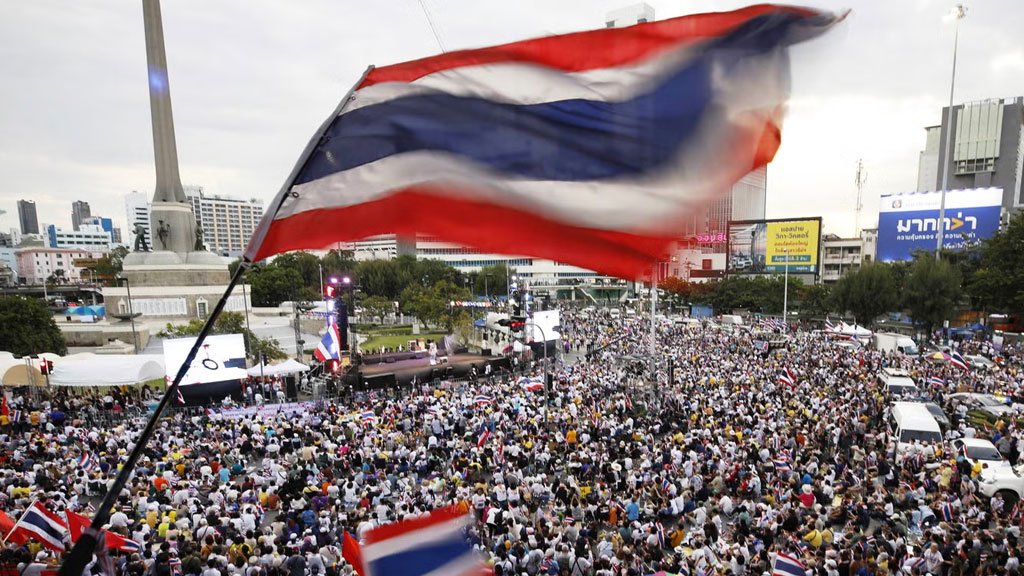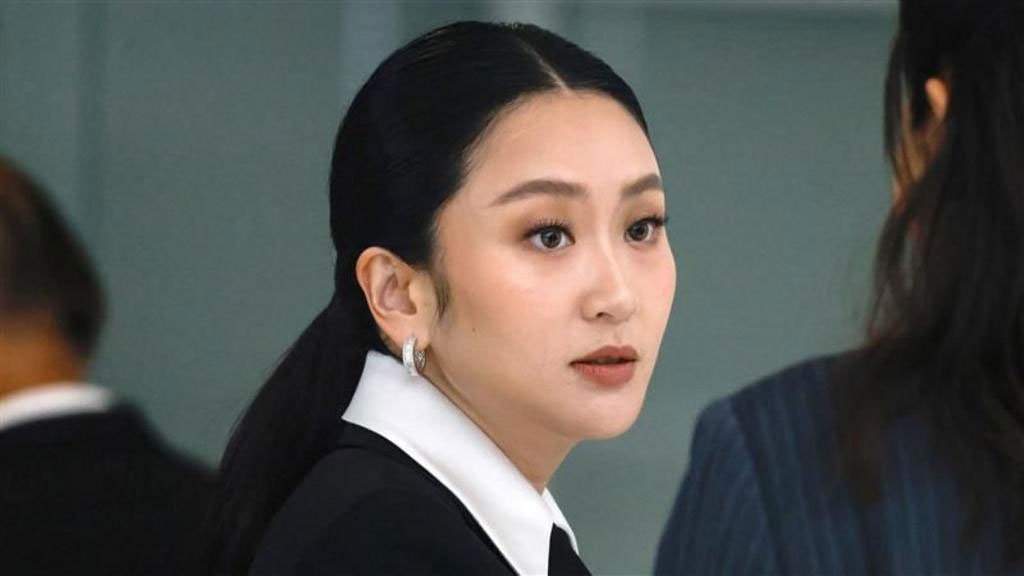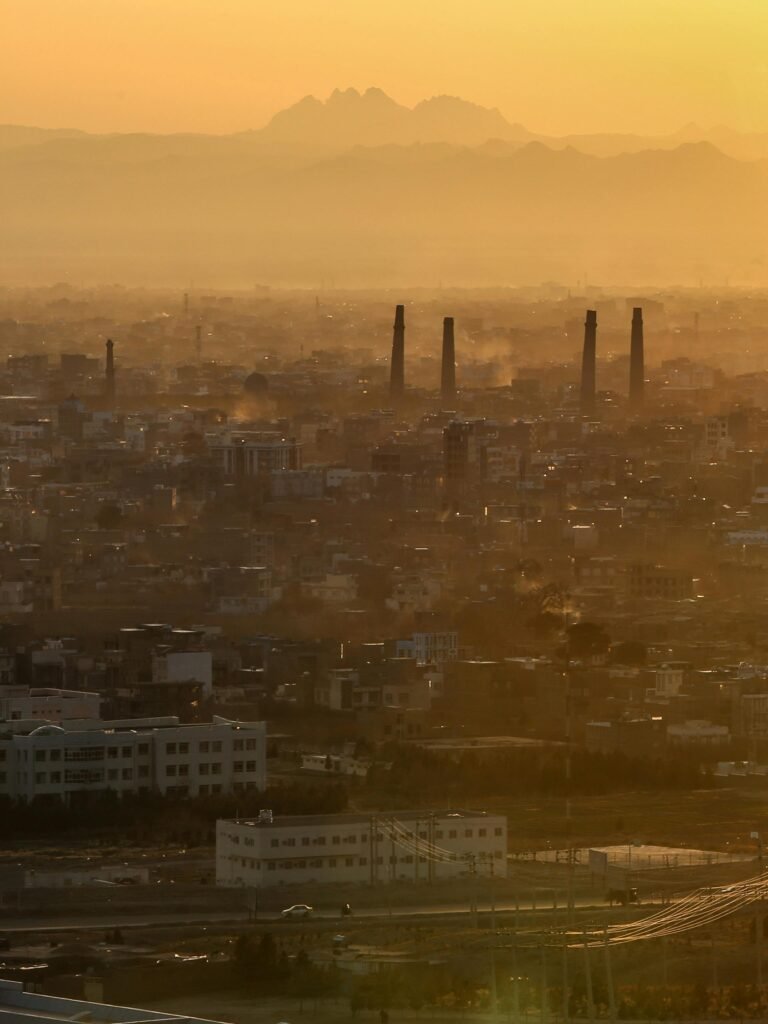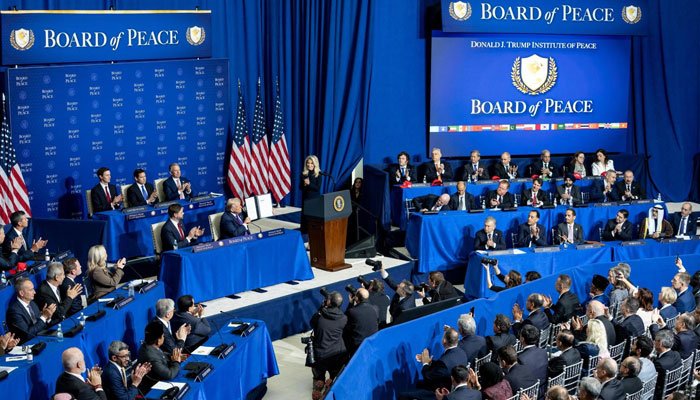Thai PM Paetongtarn Shinawatra Removed from Office: Here’s Why! Prime Minister Paetongtarn Shinawatra has been disqualified from office following a ruling by Thailand’s Constitutional Court. The court found her guilty of ethical misconduct linked to a leaked phone call with Cambodia’s former leader, Hun Sen.

The decision, announced on Friday, is effective immediately. Paetongtarn had already been suspended since 1 July. She now becomes the fifth Thai prime minister since 2008 removed by the powerful court.
Earlier, EU Leaders Show Strong Support for Moldova’s EU Bid. The leaders of France, Germany, and Poland voiced strong support for Moldova’s push to join the European Union during a symbolic visit on Wednesday.
Controversial Phone Call With Hun Sen
The scandal began with a 15 June phone conversation, in which Paetongtarn referred to Mr Hun Sen as “uncle” and appeared to criticize Thai military actions. At the time, tensions between Thailand and Cambodia were high after a border clash in May killed several and displaced over 260,000 people.
Her tone drew criticism, especially for appearing too friendly with the former Cambodian leader and allegedly disrespecting a Thai general.
Public Backlash & Protests

Protests broke out at Victory Monument, where demonstrators held signs saying “Uncle is not our friend.” The public demanded her resignation and questioned her loyalty.
Court: “She Put Personal Interest Over National Pride”
Multiple petitions were filed, accusing Paetongtarn of violating ethical standards. She defended herself by saying the call was a diplomatic strategy meant to defuse tensions.
The court rejected that defense.
“Paetongtarn’s actions did not preserve the nation’s pride,” the court stated.
“She placed personal interest above national interest, which damaged public trust and may have benefited Cambodia more than Thailand.”
Government in Crisis After Coalition Partner Exits
The ruling comes at a difficult time for the Pheu Thai-led coalition government. Earlier this year, the Bhumjaithai Party — its largest partner — left the coalition over the phone call controversy.
Now, Pheu Thai holds only a slim majority in the House of Representatives.
Growing Frustration Over Court’s Political Role
Many Thais are becoming frustrated — not just with politicians, but with the court’s outsized role in determining leadership. Every time elections are held, people feel it is the judges who ultimately decide the country’s direction.
The Constitutional Court, established in 1997, has the authority to remove elected leaders and dissolve political parties. Critics accuse it of being pro-military and pro-royalist.
Timeline of Major PM Removals by the Court
Here’s a quick look at key cases over the last two decades:
2008: PM Samak Sundaravej ousted for conflict of interest over hosting a TV cooking show.
2014: PM Yingluck Shinawatra removed for abuse of power.
2024: PM Srettha Thavisin dismissed for appointing a convicted lawmaker to the Cabinet.
2025: Paetongtarn Shinawatra removed over the Hun Sen phone call.
Who Might Replace Paetongtarn?
Parliament does not need to dissolve. A majority vote in the House is required to select a new prime minister. The current acting PM is Phumtham Wechayachai, who continues in the role temporarily.
- Registered Candidates for PM:
- Chaikasem Nitisiri – Pheu Thai Party
- Anutin Charnvirakul – Leader of Bhumjaithai Party
- Prayuth Chan-ocha – Former PM, United Thai Nation Party
- Pirapan Salirathavibhaga – Deputy PM, United Thai Nation Party
- Jurin Laksanawisit – Democrat Party
Anutin Charnvirakul is seen as a possible front-runner, but his strained relationship with Thaksin Shinawatra (Paetongtarn’s father) could be an obstacle. He would likely need Pheu Thai’s support to win.
What’s Next?
A parliamentary vote will soon decide the next leader. In the meantime, Phumtham Wechayachai continues as acting prime minister.







